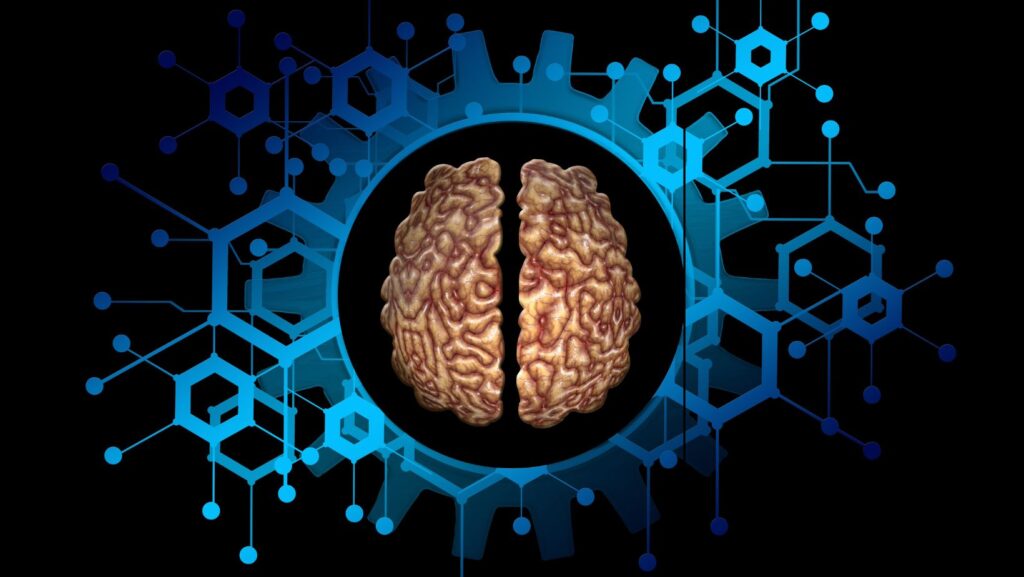
In today’s fast-paced technological world, digital transformation has become a key factor for businesses striving to remain competitive. Enterprises across various industries are embracing digital technologies to enhance operations, increase efficiency, and unlock new revenue streams. Digital transformation is not a one-size-fits-all solution; it encompasses everything from cloud computing to artificial intelligence (AI) and the Internet of Things (IoT). This article delves into how modern businesses are embracing this evolution and the benefits it brings to both organizations and consumers.
The Rise of Cloud Computing
Cloud computing has been one of the most significant technological advancements of the last decade. It has allowed businesses to break free from the limitations of on-premise infrastructure and scale their operations quickly and efficiently. By leveraging cloud services, enterprises no longer need to worry about maintaining costly hardware or software. This shift has also fostered collaboration, as teams can work together in real-time from different geographical locations. Furthermore, cloud computing offers enhanced security, backup solutions, and disaster recovery options that are critical for business continuity.
The Emergence of Cryptocurrency and the Crypto Casino Trend
Another area where digital transformation is having a major impact is in the financial industry, specifically with the rise of cryptocurrency. Bitcoin, Ethereum, and other digital currencies have revolutionized the way we think about money and financial transactions. Beyond their use as investment assets, cryptocurrencies are also gaining traction in the online gaming industry. One prominent example is the emergence of the “crypto casino.”
A crypto casino is an online gambling platform where players can use cryptocurrencies, such as Bitcoin, to place bets and make transactions. The appeal of crypto casinos lies in their ability to offer enhanced privacy and faster transactions compared to traditional online casinos. Players can enjoy lower fees, instant deposits, and withdrawals, all while maintaining a certain level of anonymity. Additionally, the decentralized nature of cryptocurrencies ensures that players are not subject to the stringent regulations of traditional financial systems, offering a more flexible and open environment for gambling. As cryptocurrencies continue to gain mainstream adoption, crypto casinos are likely to become an integral part of the future of online gaming.
Artificial Intelligence and Automation: The Future of Operations
Artificial Intelligence (AI) and automation are at the forefront of digital transformation, enabling businesses to streamline processes and reduce manual labor. AI-driven tools such as machine learning, natural language processing (NLP), and predictive analytics are helping businesses analyze vast amounts of data to make better, data-driven decisions. Additionally, automation tools are minimizing human intervention in repetitive tasks, allowing employees to focus on higher-value work.
This integration of AI and automation helps businesses become more agile, reduce errors, and improve customer satisfaction by offering faster and more personalized services. For instance, AI chatbots are transforming customer service by providing immediate responses to customer queries, while predictive analytics is allowing businesses to optimize their supply chains and anticipate market demands.
Internet of Things: Connecting Devices for Smarter Business
The Internet of Things (IoT) is another revolutionary aspect of digital transformation, allowing businesses to connect everyday devices to the internet. By embedding sensors and software into physical devices, companies can collect real-time data that can be used to optimize processes, monitor operations, and create new business opportunities. For example, in manufacturing, IoT sensors can monitor machine performance and alert managers to potential issues before they cause downtime. Similarly, IoT applications in retail allow for better inventory management and personalized shopping experiences for customers.
As IoT continues to evolve, the potential applications for businesses are endless. In fact, Gartner predicts that the number of connected devices will exceed 25 billion by 2030, leading to even more opportunities for businesses to leverage real-time data to enhance decision-making and improve customer experiences.
Conclusion: Embracing the Digital Future
The digital transformation journey is not without its challenges. However, the benefits far outweigh the risks. By embracing digital technologies such as cloud computing, AI, IoT, and cryptocurrencies, businesses are positioning themselves to thrive in an increasingly competitive marketplace. As companies continue to innovate and adapt to changing customer expectations, digital transformation will remain a key driver of growth and success.
Incorporating these digital tools allows businesses to offer better products and services, foster greater customer loyalty, and expand into new markets. The future of business is digital, and those who are proactive in adopting new technologies will undoubtedly lead the way.












